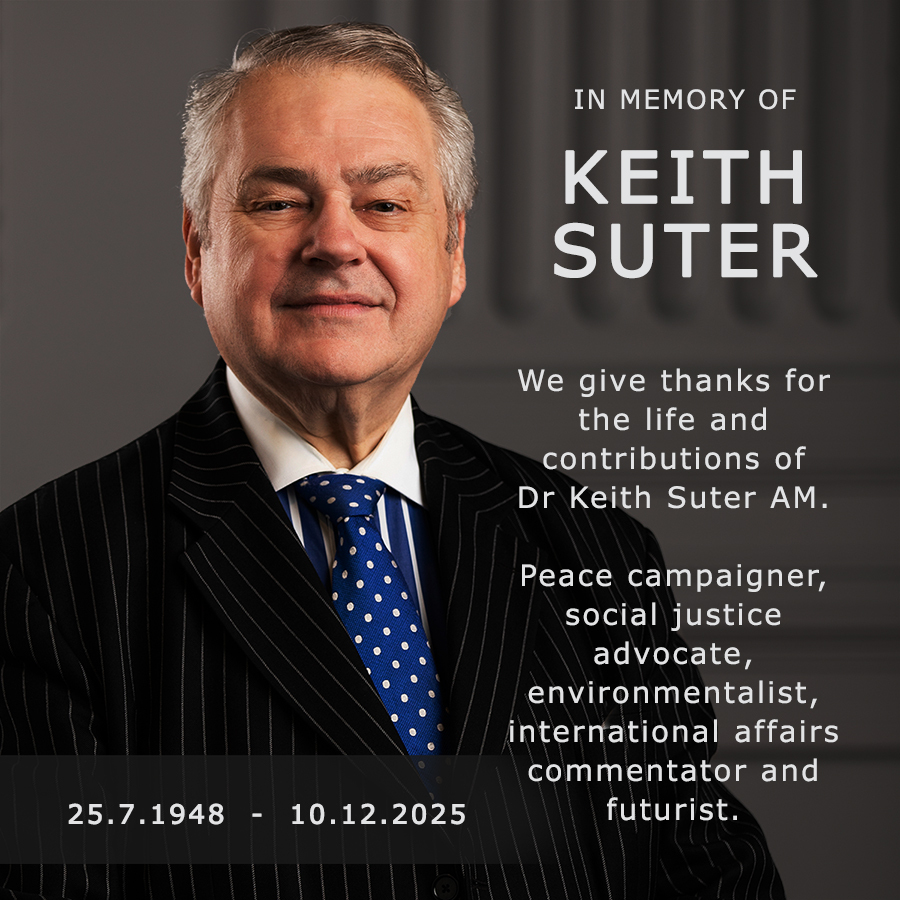
Archive Article: Does Terrorism Work? 25 Oct 02.
December 29, 2008
Does terrorism work? It certainly causes a great deal of suffering. But does it actually work?
Some of the debate since September 11 last year has been based on the idea that one must use force against force. The implication is that the “good guys” lose out to the “bad guys” because the “bad guys” are more ruthless and so are more willing to use extreme force.
But does the use of force actually work? The answer may seem rather surprising but the historical record shows that the use of force is often counter-productive.
A Royal Navy captain (and therefore not a member of the British peace movement) did a survey some years ago of all the instances in European history for the previous century in which one country attacked another, and he assessed wether the attack achieved the desired results. In almost every case, the country that initiated the attack did not gain from it. Germany in two World Wars is a good example. If one were to do a similar examination today, then the answer would still be the same: violence does not pay.
Second, the worst terrorists of the 20th Century were all government leaders: Hitler, Stalin and Mao Zedong. Their use of terror did them little good. Stalin’s Soviet empire collapsed in 1991; Hitler’s 1,000 year rule lasted only 12 years; and Mao’s China is “communist” in name but not hardly “communist” in reality. Meanwhile, all the brutal communist regimes in eastern Europe have collapsed.
Third, closer to home, the Japanese in World War II did not accept the Geneva Conventions on the laws of war. They conducted a very brutal form of warfare. But their “no holds barred” campaign did not work for them. They still lost. Indeed, the terrorism continues to haunt them in many part of Asia, where people who remember Japanese barbarism from half a century ago do not want Japanese merchants around today.
Fourth, still in our region, it is noticeable that some Asian continues that have had reputations for brutality since World War II have shed their brutal rulers. South Korea is now a democracy, with the current president a former Amnesty International prisoner of conscience. Similar, Taiwan is also now a democracy and the vice president (herself another former Amnesty International prisoner of conscience) is the most senior woman ever elected in 5,000 years of Chinese history.
What are the lessons of all this? First, violence does not necessarily pay. Indeed, it most cases it fails – and those that use violence often end up having a violent end themselves.
Second, in World War II, when Stalin was advised that the Pope was against one of his policies, he asked: “How many troops does the Pope have? God is on the side of the big battalions”. He was wrong. Stalin’s Soviet Union has gone – but the church goes on. Indeed, even within Russian itself the church is flourishing.
Perhaps God is on the side of the people who do not want to repay evil with evil. He is on the side of the people who want to solve disputes in a conflict resolving way, such as Gandhi, Martin Luther King and Nelson Mandela
This does not mean giving up our vigilance. It does not mean we can live carelessly. But perhaps it does mean we need to think more creatively about how we deal with terrorism – and do not simply repay evil with evil. Perhaps, the “good guys” are destined to win out after all – providing we use the right methods.
Broadcast On Friday 25th October 2002 On Radio 2GB’s “Brian Wilshire Programme” At 9pm.

